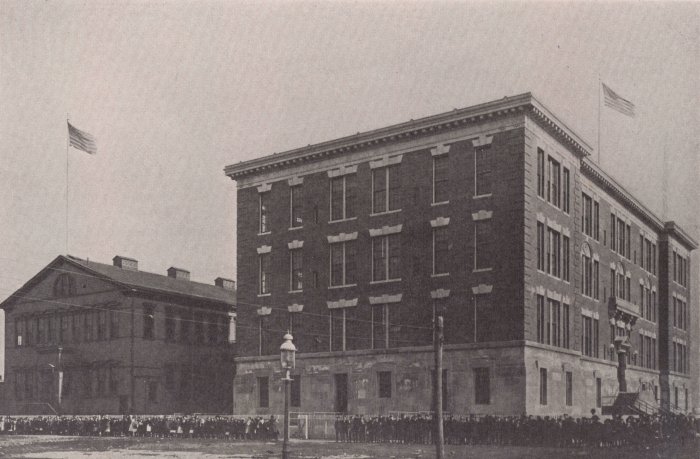In a scathing, much-anticipated report on the 10-day blackout in northwestern Queens, the Public Service Commission (PSC) faulted Con Edison for its “unacceptable [performance] and gross disservice to its customers.” The PSC also estimated the amount of people who were left in the dark was about 174,000 - 75,000 less than previously estimated.“While most of the company’s operating personnel, field crews, and consumer services representatives worked long hours and under difficult conditions to contain the crisis, the company either failed, or refused, to comprehend the magnitude of the crisis on the secondary network equipment and services especially on electricity consumers using the network,” the report’s executive summary states.
The critical PSC report then went on make a slew of recommendations including calling on Con Ed to implement a System Trouble Analysis and Response (STAR) and an outage identification system similar to the City’s; to look into installing a fixed network and advanced monitoring system, and to talk to cell phone companies about a system whereby they could be used to monitor outages.
Con Ed was told to report to the PSC with reports about their implementations of the recommendations and another set of findings about the blackout. In addition, the PSC called for further investigations into the utility giant.
“The apparent lack of care demonstrated by the company for the Long Island City network, resulting damage to the secondary system, number of customers adversely affected, and the potential financial impact of this event on ratepayers requires staff [of the PSC] to recommend an investigation and examination of the prudence of the company’s planning, operations, maintenance and oversight of the Long Island City network.”
At the end of the 184-page report, comments from local residents, business owners and politicians were included.
Some said that they believed northwestern Queens received little attention and poor service during the blackout because of the neighborhood demographics and economics.
“I feel very discriminated against because Sunnyside and Astoria and Long Island City are largely working class and immigrant areas, and I really feel it had a lot to do with the demographics, okay, because I don’t think this would have been pulled on Sutton or Beekman Place in Manhattan,” another person said.
Residents and business owners also complained that Con Ed did not reimburse them for short-circuited electrical appliances, services of electricians and plumbers, and lost wages and business during the power outage.
Councilmember Eric Gioia would like to seek higher reparations from Con Ed, which handed over up to $300 to individuals and $7,000 to companies for spoiled food during the blackout.
Because of the report, local lawmakers plan to push the power company to make sweeping reforms in the way that it communicates with customers, particularly the immigrant communities of Queens.
“In October, at a briefing with Con Ed officials on the outages, I recommended that the company communicate more effectively with the public, especially with the immigrant communities that were all but completely neglected,” said Congressmember Joseph Crowley.
“I will be meeting with Con Ed officials this month to reiterate this recommendation for better public outreach and demand that they have an emergency communication plan in place to keep their customers aware of widespread problems and updated on developments,” Crowley said.
Assemblymember Michael Gianaris, who helped to create a task force along with Assemblymembers Cathy Nolan and Margaret Markey and five energy officials, plans to release a report about the 10-day blackout by the end of this month.
“Dramatic changes are still needed if we are to avoid a repeat of this debacle next summer, which is why the Task Force I am leading will soon release a report providing a more aggressive call for reform of Con Edison as well as the PSC itself,” Gianaris said.


































